Journalists embrace management opportunities — and train for them
Journalism is not just the (beautiful) art of reporting, writing, and publishing. Successful journalists are now those who can develop and embrace their inner manager. Those who have developed the skills to write strong business plans and powerful elevator pitches. Those who understand the difference between price and cost and can establish diverse revenue streams. All without ever leaving behind journalism that matters. Not easy.
In 2022, we can expect to see a boom in the number of management, entrepreneurship, and sustainability courses, fellowships, and hubs focused on media. That’s very good news: Let’s grab these opportunities.
As the number of layoffs rises in journalism, the number of reporters, editors, and photographers deciding to become entrepreneurs grows. But when put into management positions, journalists often struggle with tough scenarios that can be strategically handled — if they reach out for help and training.
Among media startups, it’s quite common to find control freaks in charge. They’re usually journalists who believe they can not only keep track of the production line but also handle all issues related to human resources, finance, and marketing. I used to be one of those fake superheroes, and I can tell you that it’s not worth it.
Reporters are used to overseeing the entire production line. They pitch, they interview, they write, they edit video, and sometimes they even write headlines for best SEO. But it’s just impossible to repeat that approach in a management position. No one can keep track of all payments, update business plans, launch marketing campaigns, look out for the best hires and interview them all, while also editing dozens of articles per week. Burnout is right around the corner.
Hence sustainability hubs, management courses and fellowships for entrepreneurs should be welcomed. It’s time to replicate successful approaches like Velocidad, an accelerator for independent media in Latin America, and develop more resources like those from the Membership Puzzle Project. The newsrooms that took part in Velocidad, for example, flourished with management and sustainable mentorship, in addition to direct investment. (See some of their lessons learned.)
And there will be plenty of opportunities in the year ahead for media entrepreneurs at organizations like mine (the International Center for Journalists), the Poynter Institute and Reuters Journalism Institute, just to name a few. Journalists must recognize that we don’t have superpowers and we need to be trained in the art of delegating.
For 2022, I strongly advise reading and learning about product and project management. You’re already an awesome reporter. Now become an awesome manager too — the industry will be thankful.
Cristina Tardáguila is a senior program director at the International Center for Journalists.
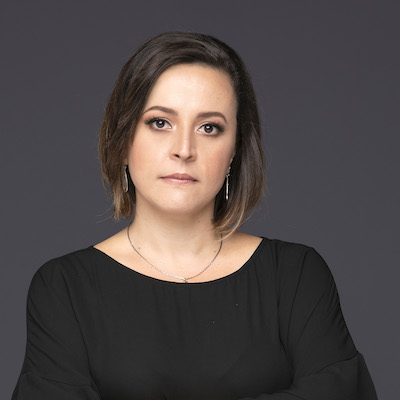
Journalism is not just the (beautiful) art of reporting, writing, and publishing. Successful journalists are now those who can develop and embrace their inner manager. Those who have developed the skills to write strong business plans and powerful elevator pitches. Those who understand the difference between price and cost and can establish diverse revenue streams. All without ever leaving behind journalism that matters. Not easy.
In 2022, we can expect to see a boom in the number of management, entrepreneurship, and sustainability courses, fellowships, and hubs focused on media. That’s very good news: Let’s grab these opportunities.
As the number of layoffs rises in journalism, the number of reporters, editors, and photographers deciding to become entrepreneurs grows. But when put into management positions, journalists often struggle with tough scenarios that can be strategically handled — if they reach out for help and training.
Among media startups, it’s quite common to find control freaks in charge. They’re usually journalists who believe they can not only keep track of the production line but also handle all issues related to human resources, finance, and marketing. I used to be one of those fake superheroes, and I can tell you that it’s not worth it.
Reporters are used to overseeing the entire production line. They pitch, they interview, they write, they edit video, and sometimes they even write headlines for best SEO. But it’s just impossible to repeat that approach in a management position. No one can keep track of all payments, update business plans, launch marketing campaigns, look out for the best hires and interview them all, while also editing dozens of articles per week. Burnout is right around the corner.
Hence sustainability hubs, management courses and fellowships for entrepreneurs should be welcomed. It’s time to replicate successful approaches like Velocidad, an accelerator for independent media in Latin America, and develop more resources like those from the Membership Puzzle Project. The newsrooms that took part in Velocidad, for example, flourished with management and sustainable mentorship, in addition to direct investment. (See some of their lessons learned.)
And there will be plenty of opportunities in the year ahead for media entrepreneurs at organizations like mine (the International Center for Journalists), the Poynter Institute and Reuters Journalism Institute, just to name a few. Journalists must recognize that we don’t have superpowers and we need to be trained in the art of delegating.
For 2022, I strongly advise reading and learning about product and project management. You’re already an awesome reporter. Now become an awesome manager too — the industry will be thankful.
Cristina Tardáguila is a senior program director at the International Center for Journalists.
Jim Friedlich

Ariel Zirulnick

Robert Hernandez

Stefanie Murray

Matt Karolian
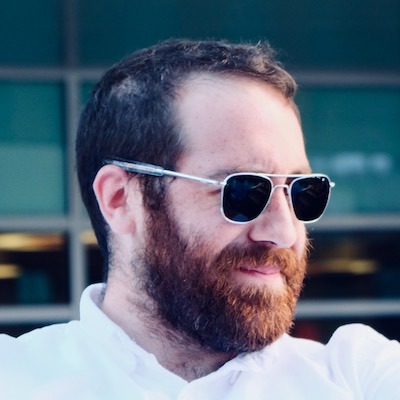
Victor Pickard

AX Mina

Rasmus Kleis Nielsen

Don Day

Gabe Schneider

Kendra Pierre-Louis

Stephen Fowler

Megan McCarthy

Juleyka Lantigua

Millie Tran

Jennifer Coogan

Moreno Cruz Osório

Sarah Marshall

Meena Thiruvengadam

Matthew Pressman

Tamar Charney

Anika Anand

Sam Guzik

Sarah Stonbely

Anita Varma

Chase Davis

Parker Molloy

Paul Cheung

John Davidow

Christina Shih

Cindy Royal

Candace Amos

James Green

Kerri Hoffman
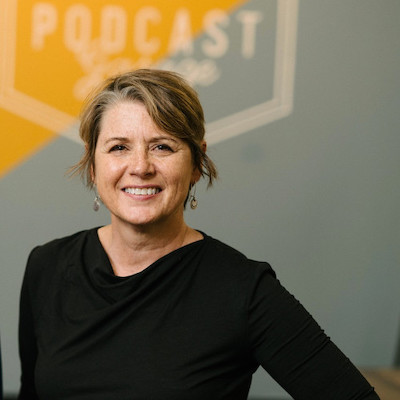
Anthony Nadler

Izabella Kaminska
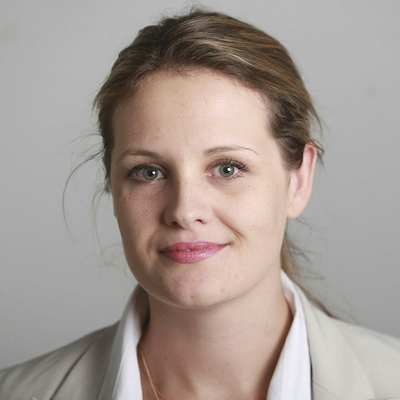
Zizi Papacharissi

Daniel Eilemberg

Jody Brannon

Andrew Freedman

Mandy Jenkins

Mary Walter-Brown

Simon Allison

Burt Herman
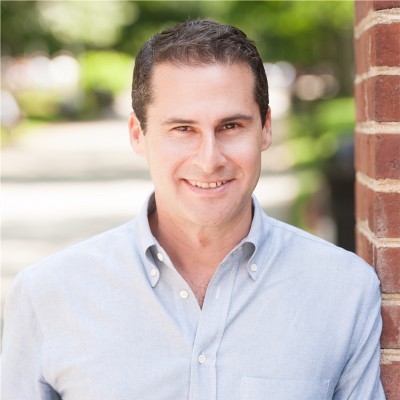
Richard Tofel

Alice Antheaume
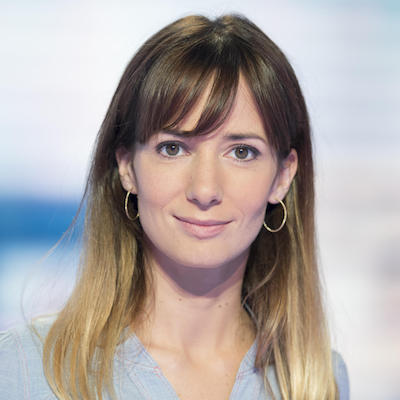
Rachel Glickhouse

Melody Kramer

Matt DeRienzo

Tony Baranowski

Joshua P. Darr

Larry Ryckman

Joanne McNeil

Mike Rispoli

Natalia Viana

Jesse Holcomb

Kristen Jeffers

Gonzalo del Peon

Amy Schmitz Weiss

Christoph Mergerson
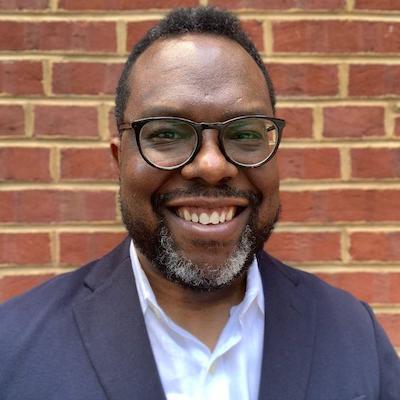
Errin Haines

Wilson Liévano
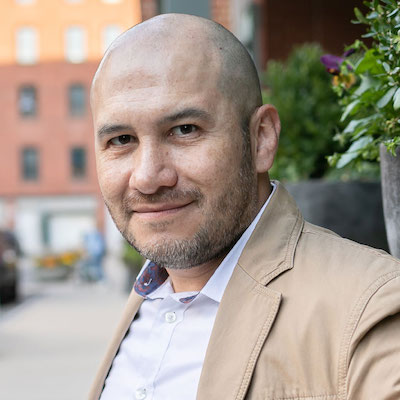
Kathleen Searles Rebekah Trumble

A.J. Bauer

Jonas Kaiser

Simon Galperin

Gordon Crovitz

Ståle Grut

Julia Munslow

Jesenia De Moya Correa
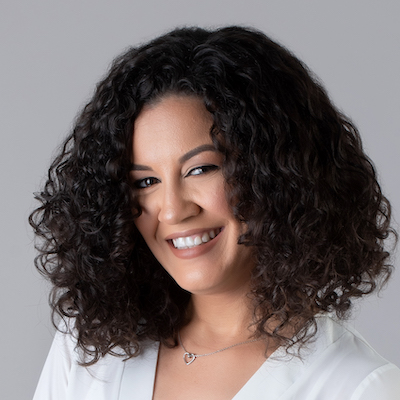
David Skok

Michael W. Wagner

Cristina Tardáguila

Laxmi Parthasarathy

Doris Truong

Mario García
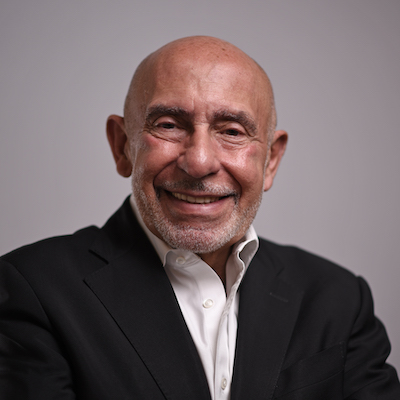
j. Siguru Wahutu
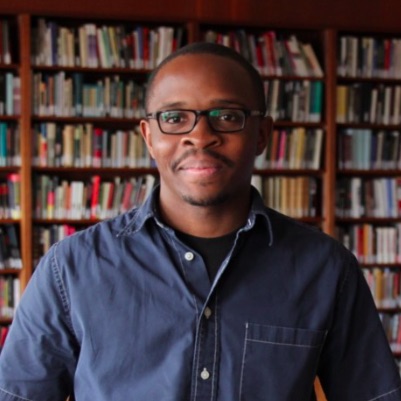
Joy Mayer

Eric Nuzum

James Salanga

Catalina Albeanu

Kristen Muller

Cherian George
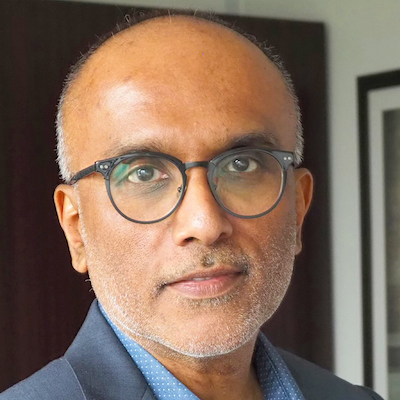
S. Mitra Kalita

Joni Deutsch

Brian Moritz

Francesco Zaffarano
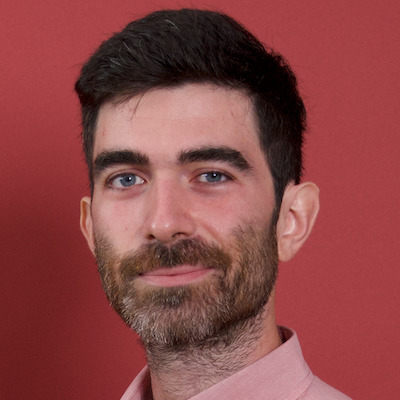
Shannon McGregor Carolyn Schmitt

Chicas Poderosas

Jennifer Brandel

Shalabh Upadhyay

Joe Amditis

Whitney Phillips

Julia Angwin

Nik Usher

Tom Trewinnard

Amara Aguilar

David Cohn

Raney Aronson-Rath

Jessica Clark
